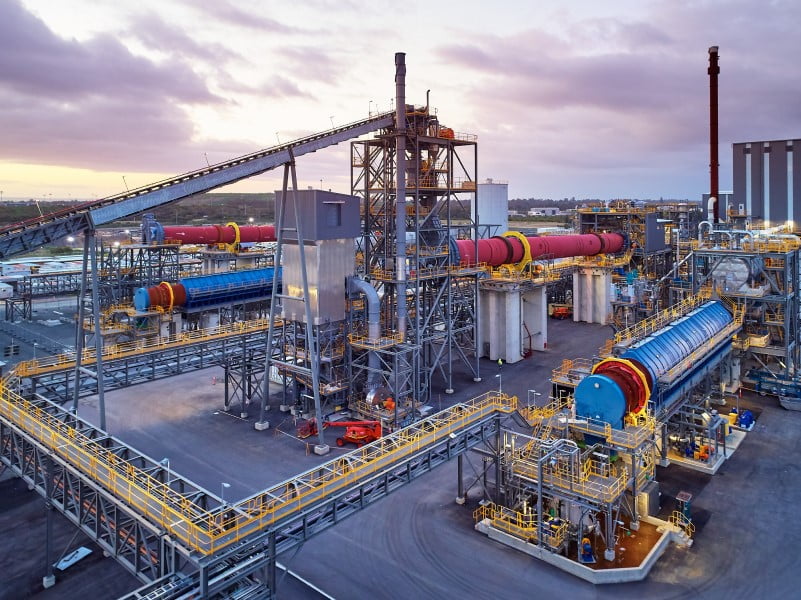A “significant, punitive tax” on critical minerals exports should be implemented to encourage the development of domestic processing and generate revenue for investments across the value chain, according to one of Australia’s biggest unions.
Australian Workers’ Union national secretary Daniel Walton will tell the Sydney Institute on Wednesday that the aim is to mitigate the reliance on China’s domination of minerals processing and green energy manufacturing, such as batteries and solar panels.
The AWU will move a resolution to “impose a tax on unprocessed exports of critical minerals and establish a production subsidy scheme to foster domestic refining, processing and component manufacturing from critical minerals” at the Australian Labor Party’s National Conference in August.
In September, Climate Change and Energy minister Chris Bowen told InnovationAus.com that consideration of export controls or a policy lever like the ‘gas trigger’ for critical minerals was “not on our agenda”.

Mr Walton, who also announced his resignation on Tuesday, will urge the federal government to “stop looking at critical minerals as just a cash pinata” and suggest a “flat volumetric tax of $1/ tonne” as a way to “encourage a shift from export to domestic processing at the margin”.
Revenue should then be used to fund subsidies for local manufacturing and processing of critical minerals.
“The tax needs to be big enough that it gives multinationals pause,” he will say.
“We lack a substantial national capacity to turn our critical minerals, like lithium, into anything useful. We are relying on the idea that we can just export these raw minerals to China and they will send us back the components and goods we need.
“But if Australia wants to make batteries that rival China’s do we think China will be happy to keep selling us the components we need? Do we really want to assume that we can keep digging up critical minerals, shipping them to China for processing, and China will just keep shipping them back to us to manufacture batteries? It’s not a bet I’d feel confident about.
“If we continue to just ‘let the market rule’ it will mean only one thing: Australia’s raw materials will be shipped off to China and China will be the only player in our region with the sovereign capacity to turn them into anything useful.”
Last month, Resources minister Madeleine King indicated that Australia would deepen its collaborations with “likeminded partners” on critical minerals to mitigate reliance on China’s dominance of the critical minerals processing supply chain.
Treasurer Jim Chalmers has also rejected a proposal for an additional investment by a fund linked to a Chinese national in Australian rare-earths miner Northern Minerals in recent months.
Australia is the world’s largest lithium exporter and holds significant reserves of other mineral used in battery production like cobalt, vanadium, and manganese.
The value of Australian lithium exports is expected to triple in real terms this financial year from $5.2 billion to $18.6 billion.
Mr Walton also estimated that Australia could increase employment in the critical minerals sector from “18,000 today, to 48,000 in 2030, and over 90,000 by 2040”.
Reacting to reports of Mr Walton’s speech during a parliamentary hearing on Tuesday, Advanced Materials and Battery Council director Lynette Molyneaux did not explicitly back the tax proposal but noted that there is currently an “arms race to have access to all of the minerals that we produce in Australia to other sectors rather than just China”.
“On the basis that about 10 to 15 per cent of the value of a lithium-ion battery is associated with the minerals, we could be doing far greater in terms of manufacturing locally and capturing the value of the lithium-ion battery before it leaves our shores so that we can actually build a significant manufacturing sector as the cornerstone to additional manufacturing in Australia,” Ms Molyneaux said.
The federal government will release a national battery strategy later this year to help capitalise on a $16.9 billion opportunity, according to a report commissioned by the Future Battery Industries Cooperative Research Centre.
Do you know more? Contact James Riley via Email.

